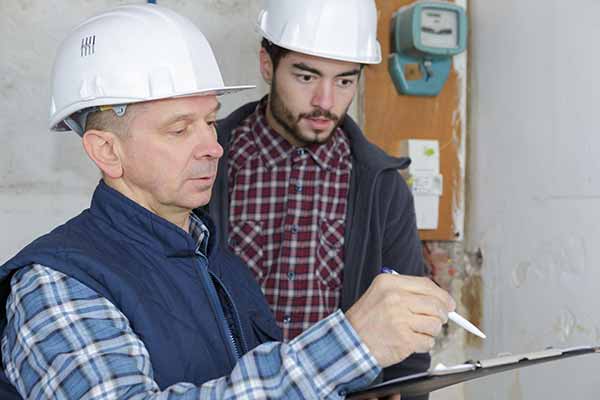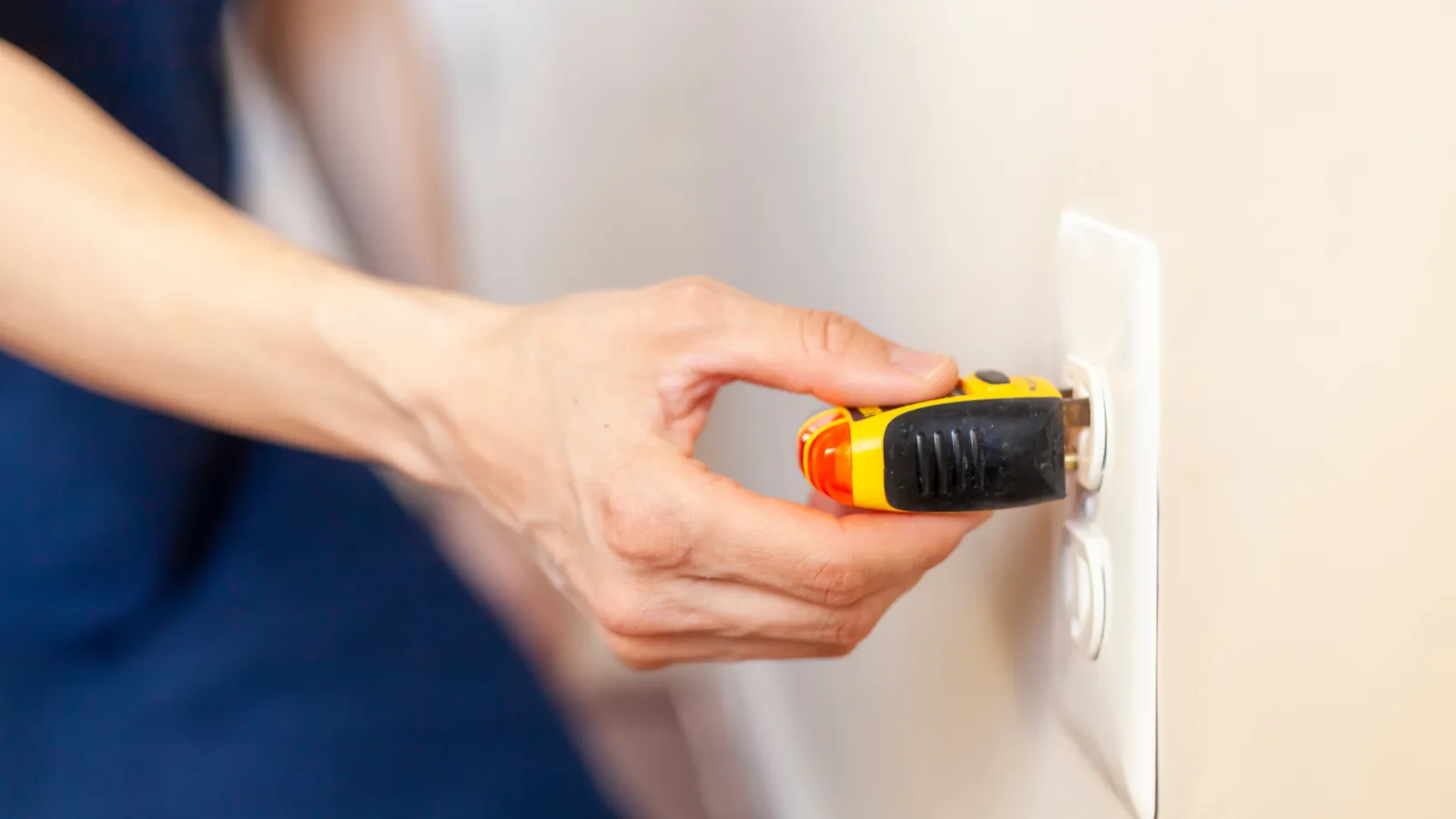In today’s world, energy efficiency is more than just a buzzword; it’s a critical component of responsible homeownership. Optimizing your home electrical system not only reduces your carbon footprint but also leads to significant cost savings on utility bills.
With advancements in technology and an increased awareness of environmental impacts, homeowners have a variety of options to make their homes more energy-efficient. This article explores practical strategies to enhance the energy efficiency of your home’s electrical system.
1. Conducting an Energy Audit
Before making any changes, it’s essential to understand your home’s current energy usage. An energy audit provides a comprehensive assessment of how energy is being used and where it is being wasted. You can either perform a basic audit yourself or hire a professional for a more detailed analysis.
DIY Energy Audit Tips:
- Check for Air Leaks: Inspect windows, doors, and any other openings for drafts. Seal any gaps with weatherstripping or caulk.
- Inspect Insulation: Ensure your home has adequate insulation, especially in the attic, walls, and basement.
- Evaluate Lighting: Identify areas where energy-efficient lighting can replace incandescent bulbs.
- Analyze Appliance Usage: Take note of the age and efficiency of your major appliances.
A professional energy audit will provide a more thorough examination, often using tools like blower doors and infrared cameras to detect hidden leaks and inefficiencies.
2. Upgrading to Energy-Efficient Appliances
One of the most significant steps in optimizing your home’s electrical system is upgrading to energy-efficient appliances. These appliances use less electricity while providing the same, if not better, performance compared to their older counterparts.
Key Upgrades Include:
- Refrigerators: Modern energy-efficient refrigerators use up to 40% less energy than models made 10 years ago.
- Washing Machines: Front-loading washers are typically more energy-efficient than top-loading models.
- Dishwashers: Look for models with the Energy Star label, which indicates they meet specific energy efficiency criteria.
- HVAC Systems: Upgrading to a high-efficiency heating and cooling system can significantly reduce energy consumption.
When shopping for new appliances, always look for the Energy Star label and compare the energy usage ratings.
3. Implementing Smart Home Technologies


Smart home technologies can play a crucial role in optimizing energy usage. These systems allow you to monitor and control various aspects of your home’s energy consumption remotely.
Popular Smart Home Solutions:
- Smart Thermostats: Devices like the Nest Thermostat learn your schedule and preferences, adjusting the temperature automatically to save energy.
- Smart Lighting: LED bulbs controlled by smart switches or hubs can be programmed to turn off when not in use, reducing unnecessary energy consumption.
- Energy Monitoring Systems: Tools like the Sense Energy Monitor provide real-time data on your home’s energy usage, helping you identify patterns and potential savings.
Integrating these technologies can lead to substantial energy savings and provide more control over your home’s energy consumption.
4. Enhancing Insulation and Sealing
Proper insulation and sealing are fundamental to maintaining energy efficiency in your home. Without adequate insulation, your heating and cooling systems must work harder to maintain a comfortable temperature, leading to increased energy usage.
Areas to Focus On:
- Attic Insulation: Ensure your attic is well-insulated to prevent heat loss in the winter and heat gain in the summer.
- Wall Insulation: Consider adding insulation to your walls if they lack adequate coverage.
- Windows and Doors: Install energy-efficient windows and doors with proper sealing to reduce drafts.
Additionally, sealing leaks around windows, doors, and other openings with weatherstripping or caulk can significantly improve your home’s energy efficiency.
5. Optimizing Your Electrical System
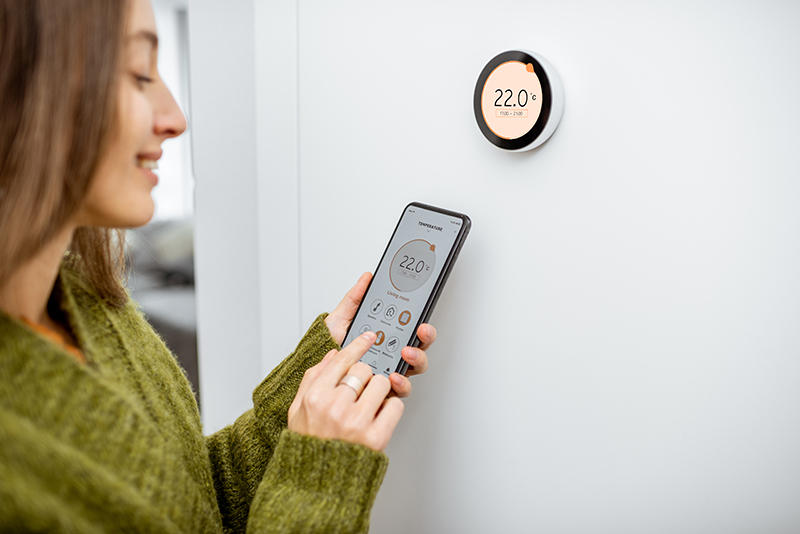

A well-optimized electrical system is crucial for energy efficiency. Ensuring that your home’s electrical system is up-to-date and functioning efficiently can prevent energy waste and enhance safety.
Key Considerations:
- Load Center: Upgrading your load center (electrical panel) can improve the distribution of electricity throughout your home, reducing waste and preventing overloads.
- Circuit Breakers: Ensure that your circuit breakers are in good condition and appropriately rated for your home’s electrical load.
- Wiring: Replace old or damaged wiring to prevent energy loss and potential safety hazards.
Consulting with a licensed electrician to evaluate and upgrade your home’s electrical system can result in improved energy efficiency and safety.
6. Using Renewable Energy Sources
Incorporating renewable energy sources into your home’s energy mix can significantly reduce your reliance on grid electricity and lower your energy bills.
Popular Renewable Energy Options:
- Solar Panels: Installing solar panels can generate clean, renewable energy for your home, reducing your dependence on fossil fuels.
- Wind Turbines: Small-scale wind turbines can be an effective solution for homes in windy areas.
- Geothermal Systems: These systems use the stable temperatures of the earth to heat and cool your home efficiently.
Combining renewable energy sources with energy-efficient practices can maximize your home’s sustainability and energy savings.
7. Utilizing Energy-Efficient Lighting
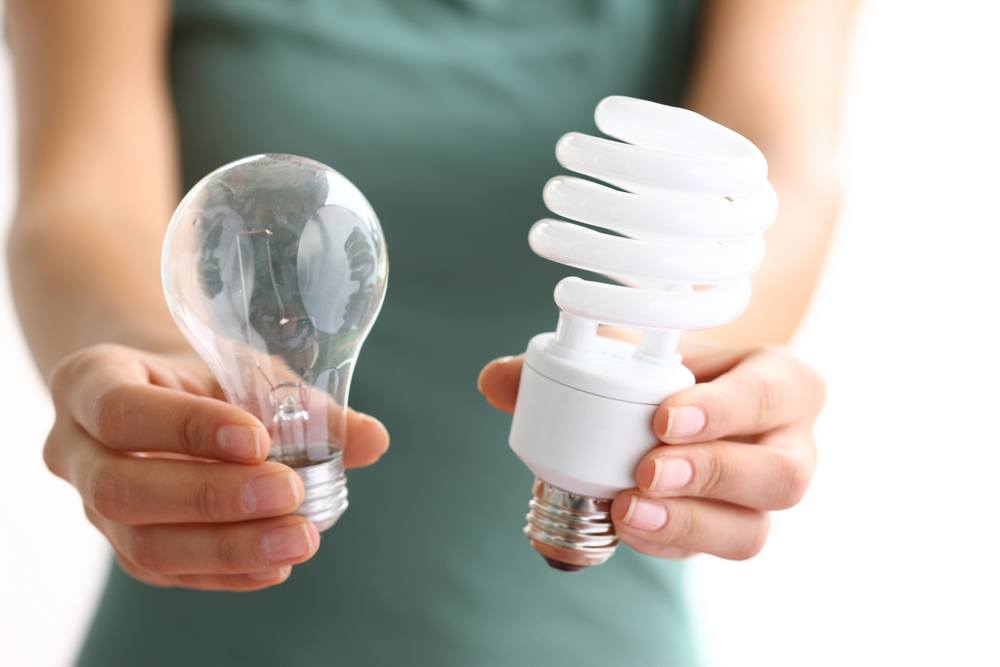

Lighting accounts for a significant portion of household energy use. Switching to energy-efficient lighting can reduce energy consumption and lower utility bills.
Lighting Solutions:
- LED Bulbs: LEDs use up to 75% less energy than incandescent bulbs and last much longer.
- CFL Bulbs: Compact fluorescent lamps are more energy-efficient than traditional incandescent bulbs and have a longer lifespan.
- Smart Lighting Controls: Install dimmers, motion sensors, and timers to reduce unnecessary lighting use.
By making simple changes to your home’s lighting, you can achieve substantial energy savings.
8. Regular Maintenance and Monitoring
Regular maintenance of your home’s electrical system and appliances is essential for sustained energy efficiency. Routine checks and timely repairs can prevent energy waste and prolong the life of your equipment.
Maintenance Tips:
- HVAC System: Schedule annual maintenance for your heating and cooling systems to ensure they operate efficiently.
- Appliance Care: Clean and maintain appliances regularly to keep them running smoothly and efficiently.
- Electrical Inspections: Have a licensed electrician perform periodic inspections of your home’s electrical system to identify and address any issues.
Monitoring your energy usage through smart devices and energy management systems can help you stay on top of your energy consumption and make informed decisions.
9. Educating Household Members
Educating everyone in your household about energy-efficient practices is crucial for optimizing your home’s energy usage. Simple behavioral changes can lead to significant energy savings.
Behavioral Tips:
- Turn Off Lights: Make it a habit to turn off lights when leaving a room.
- Unplug Devices: Unplug chargers and devices when not in use to prevent phantom energy loss.
- Use Natural Light: Take advantage of natural daylight to reduce the need for artificial lighting.
By fostering a culture of energy awareness and efficiency in your home, you can further reduce your energy consumption.
10. Future Trends in Home Energy Efficiency
The field of home energy efficiency is continually evolving, with new technologies and trends emerging to help homeowners reduce their energy usage.
Emerging Trends:
- Smart Grids: Smart grid technology allows for more efficient distribution of electricity and better integration of renewable energy sources.
- Energy Storage: Advances in battery technology are making home energy storage more accessible, enabling homeowners to store excess energy generated by renewable sources.
- Zero-Energy Homes: These homes are designed to produce as much energy as they consume, through a combination of energy-efficient practices and renewable energy generation.
Staying informed about these trends can help you make proactive decisions to optimize your home’s energy efficiency.
Conclusion
Optimizing your home electrical system for energy efficiency involves a combination of strategies, from conducting energy audits and upgrading appliances to implementing smart technologies and using renewable energy sources. By taking a comprehensive approach and making informed decisions, you can significantly reduce your energy consumption, lower your utility bills, and contribute to a more sustainable future. Whether you’re a homeowner looking to make small changes or planning major upgrades, these tips and tools can help you achieve greater energy efficiency in your home.

